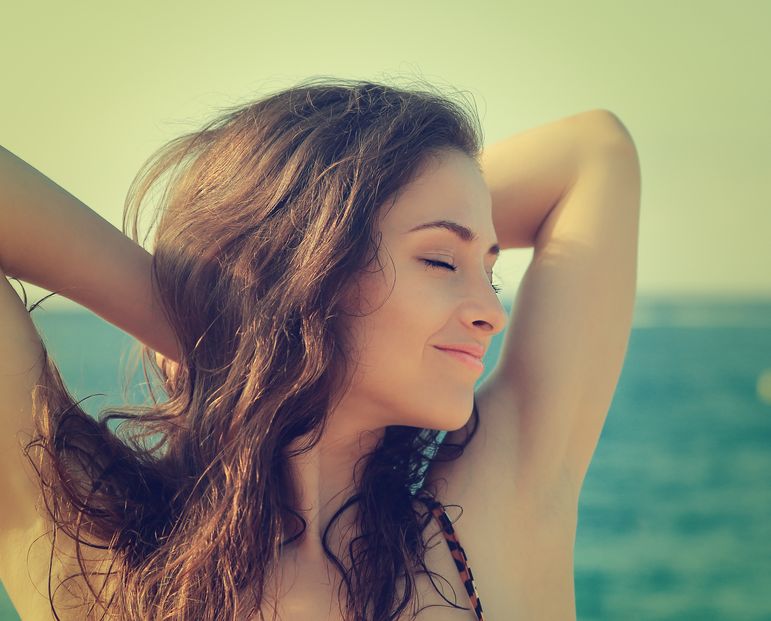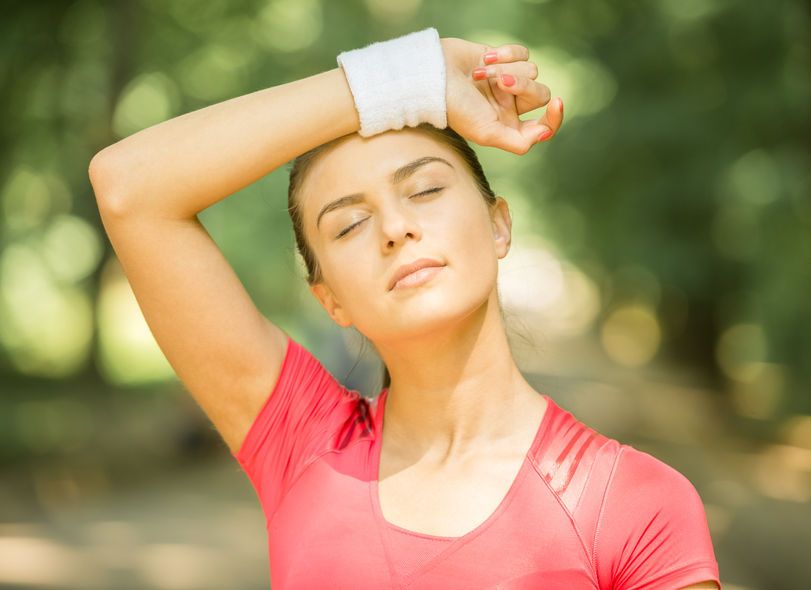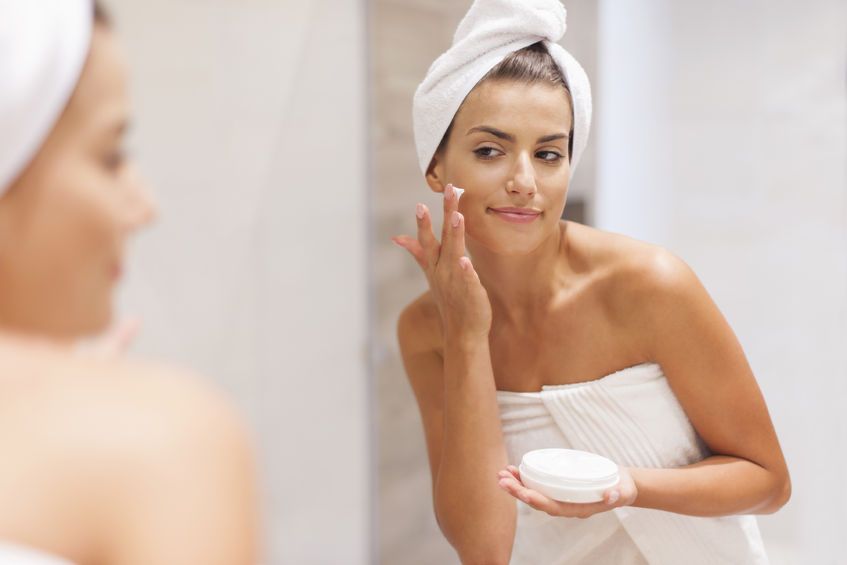
How Summer Affects Premature Aging and Acne
The summer season presents us with the perfect dichotomy. On the one hand, we love spending time outdoors in the fresh air and warm sun, but on the other hand, we hate what the sun exposure and heat does to our skin. Summer can wreak complete havoc on our skin, and without taking the necessary steps we can end up coping with the undesirable problems of premature aging and acne.
How Summer Affects Our Skin
Heat causes excessive sweating, which releases chloride and sodium onto the skin’s surface. Unfortunately, this is a fast way to cause an acne outbreak, or to further inflame the acne condition one already has. Constant heat can raise the body’s bacteria level, and sweat is actually unable to sufficiently cool the body unless it is very dry outside. Sweat that cannot evaporate due to humid conditions in the environment raises bacteria levels on the skin, which can then lead to infections. Furthermore, excessive heat can inflame your skin and organs, which means that one will have difficulty spending much time outdoors during the summer months without experiencing some sort of adverse side effects. Drinking lots of water and controlling your daily exposure to heat can prevent you from experiencing everything from heat rashes to skin infections and even heat stroke.
In addition to the potential damages caused by summer heat, there are the potential damages caused by summer sun. The UV rays emanating from the sun are incredibly dangerous to the skin–so dangerous in fact that without the protection provided by the ozone layer, we would be forced to remain indoors constantly in order to avoid such exposure. As it is, ultraviolet UVA and UVB rays can cause premature aging and skin cancer if not protected against–and few know that they can even penetrate clouds on overcast days. These rays can change the color of our skin temporarily or permanently, a condition known as hyper-pigmentation. Fortunately, new skin therapies can work to reverse most hyper-pigmentation, but it is better to prevent this from occurring in the first place. Natural sunscreens that protect against both UVA and UVB rays should be applied every two hours when you are outdoors during the summer time, even on cloudy days, in order to protect against sun damage.
None of this should mean that you avoid enjoying outdoor summer fun, but by taking the right precautions you can ensure that fun now doesn’t mean dealing with damages later.
Love,
Gen



Leave a Reply